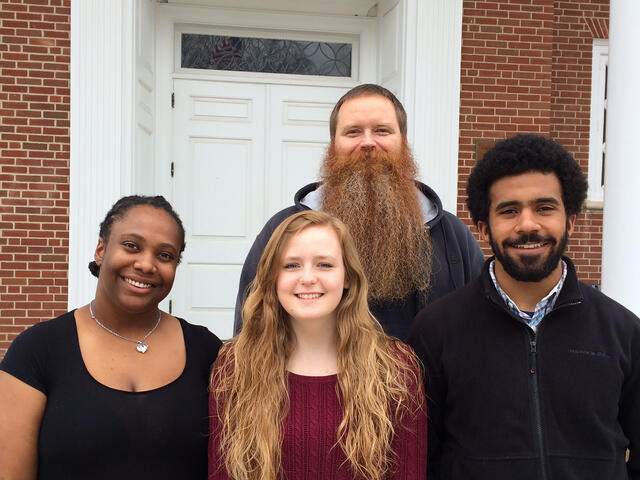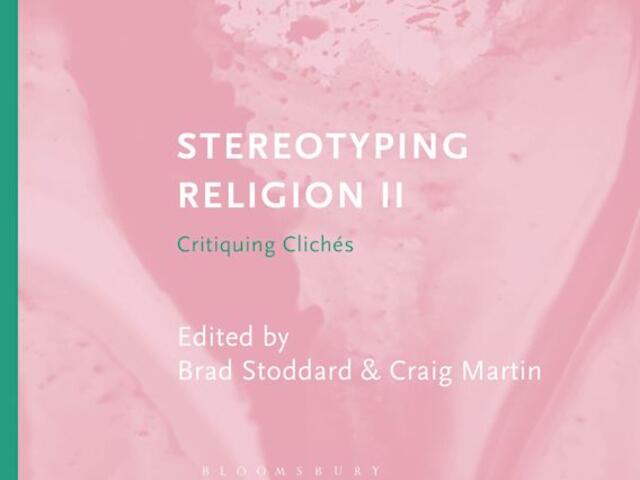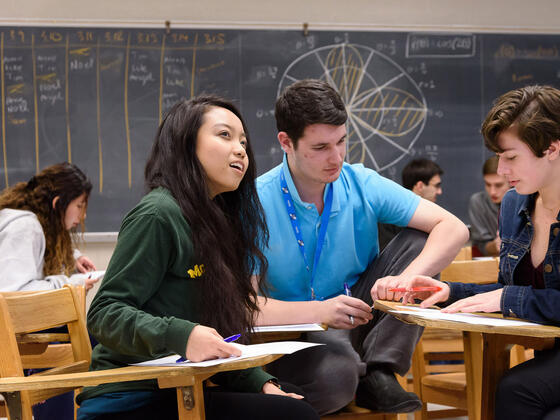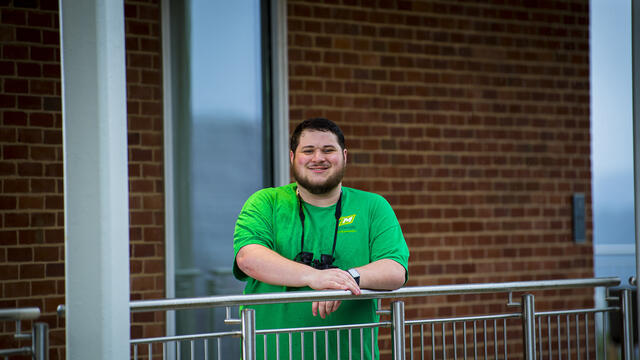Religious Studies
At first glance, the religions of the world can seem fascinating and beautiful, strange and threatening, and appear full of contradictions—all at the same time. How can we make sense of these traditions and practices? What place does religion have in the history of human development and in the course of contemporary global events?
Mortarboard
Degree Types
Minor
Institution
Complementary Programs
Heart
Distinctive Requirements
Capstone
Document
Events
Annual lectures & featured speakers
The McDaniel Commitment in Action


Meet a Green Terror Class of 2022: Raquel Sobczak History and Religious Studies

Faculty expert’s new anthology confronts clichés in religion
Associate Professor Brad Stoddard was inspired by input from students in his courses at McDaniel College to co-edit a new anthology of essays addressing modern stereotypes on religion, “Stereotyping Religion: Critiquing Clichés Volume II.”




